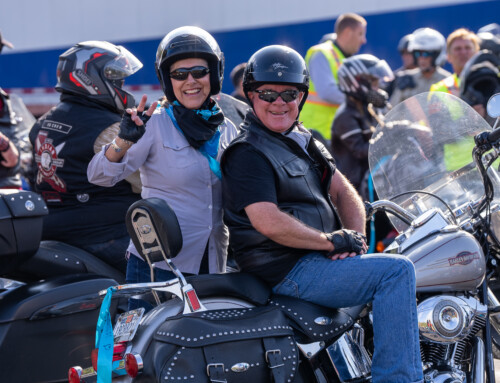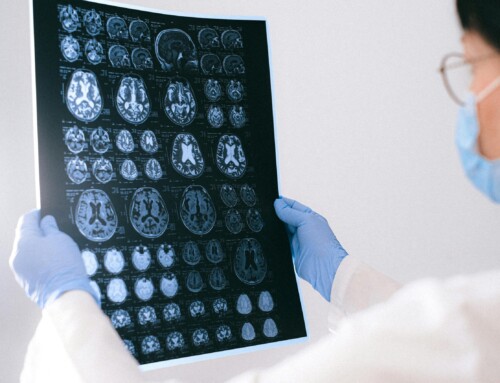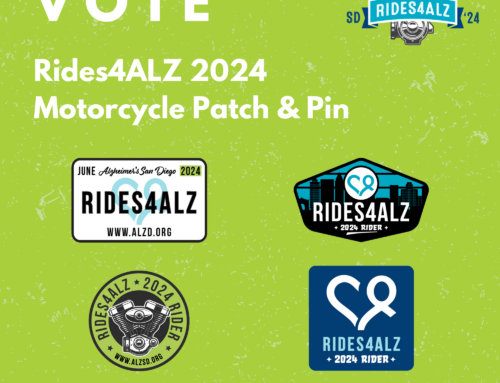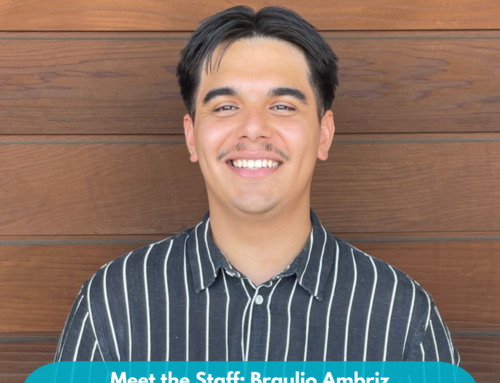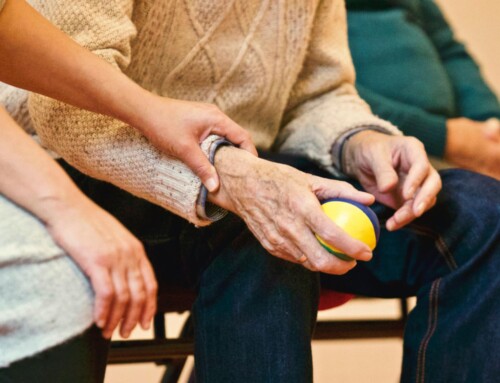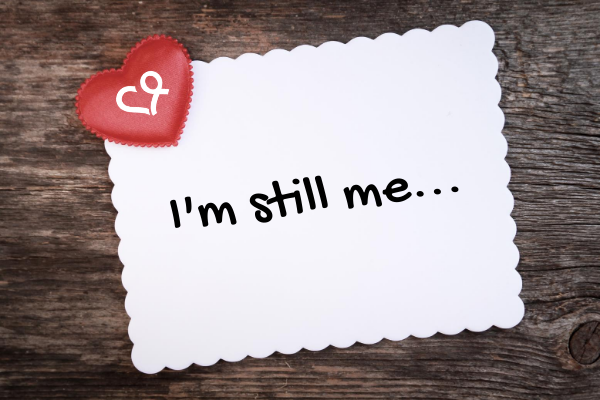 In this edition of our “Ask a Social Worker” series, we share a powerful letter from an Alzheimer’s San Diego client. Want to submit your own question to be anonymously featured? Email Mina at mnilchian@alzsd.org.
In this edition of our “Ask a Social Worker” series, we share a powerful letter from an Alzheimer’s San Diego client. Want to submit your own question to be anonymously featured? Email Mina at mnilchian@alzsd.org.
A letter from a client:
I was diagnosed with Early Stage Alzheimer’s disease a few months ago. The diagnosis came after a couple of years of family noticing some changes with my memory. Truthfully, I noticed them, too.
While initially it was scary to hear, I’ve learned a lot about the disease, what to expect, and ways to plan ahead to ensure my comfort, safety and health.
There is something that still bothers me. As a part of the process of coming to terms with my diagnosis, I’ve decided to be really open with the people in my life about it. And while they are understanding, accepting, and compassionate, I also feel that people treat me like I’m unintellligent, incompetent, or a child. I feel like as soon as I disclose my diagnosis, people see me differently. Inside, I still feel that I’m the same intelligent and accomplished person. I’m not sure how to deal with others not seeing me that way.
Signed,
I’m Still Me
RELATED | In My Own Words: What it’s like to have Alzheimer’s
—
Dear I’m Still Me,
I’m incredibly grateful for voices like yours.
In your question and your story, you’ve touched on something that defines an experience so many people face quietly: stigma.
Stigma is alienating.
Stigma is misunderstanding and fear.
Stigma is everyone’s problem.
As you noted, Alzheimer’s disease has changed some things, and in the years to come you will probably see more changes. But you’re also absolutely right that the diagnosis has not changed the multi-faceted person you are. And there are things that are true regardless of whether or not you have a diagnosis: that we are all deserving of dignity, that we deserve to be understood as who we are and not as the assumptions projected onto us, and that we are worthy of being a part of society not despite but because of our differences – our differences and our experiences make the world a richer and more interesting place.
RELATED | Ask a Social Worker: Handling armchair “experts”
Alzheimer’s and other dementias are complicated diseases. They look different in every person, and their progression can be hard to predict. They don’t fit into neat, simple categories. Unfortunately, many media portrayals flatten complex, capable people into two dimensional characters. A lot of people are afraid to lean into the discomfort of learning these complexities.
When faced with a challenge, the shortcut is to go by assumptions and stereotypes. And as many life experiences have taught us, shortcuts leave people behind.
I want to circle back to how grateful I am for your voice. Your frankness and vulnerability are a part of important work that needs to be done in destigmatizing and better understanding Alzheimer’s and other dementias. I encourage you to continue to speak up, let people around you know how important it is to you that they be educated on dementia, about what it means and doesn’t mean, and about what we can all do to make our spaces accessible. Doing that might lead to some uncomfortable moments, and that’s okay. Growth doesn’t always happen without some discomfort.
RELATED | The danger of “staying the course”
You’re also welcome to give us a call to let us know what role we can play in helping you do that. We’re here to listen to your challenges, victories, and goals, and help you come up with a plan moving forward. We can host a group consultation with family and friends, and recommend classes to join to help everyone better understand memory loss.
This work is not just on you. This is my job, too. Destigmatization is my job as a social worker, and more importantly as a fellow human being. With discussions coming up about the importance of creating a more just and inclusive society, we’ve realized at Alzheimer’s San Diego there’s never a true stopping point to these conversations and the questions we all have to ask ourselves. What questions should we all be asking ourselves? How can we better listen to those around us?
I think the greatest gift we give each other is understanding. Understanding ourselves, our blind spots, and our strengths. Understanding each other, and the power we have to make the world a more inclusive, accessible place. Understanding is how we address stigma, and how we walk in another person’s shoes – which of course, isn’t easy. But it’s also the most important kind of work we can do. – Mina Nilchian, MSW
Get free support from a social worker like Mina by calling Alzheimer’s San Diego at 858.492.4400. Click here to learn about our virtual programs. We’re here to help!
